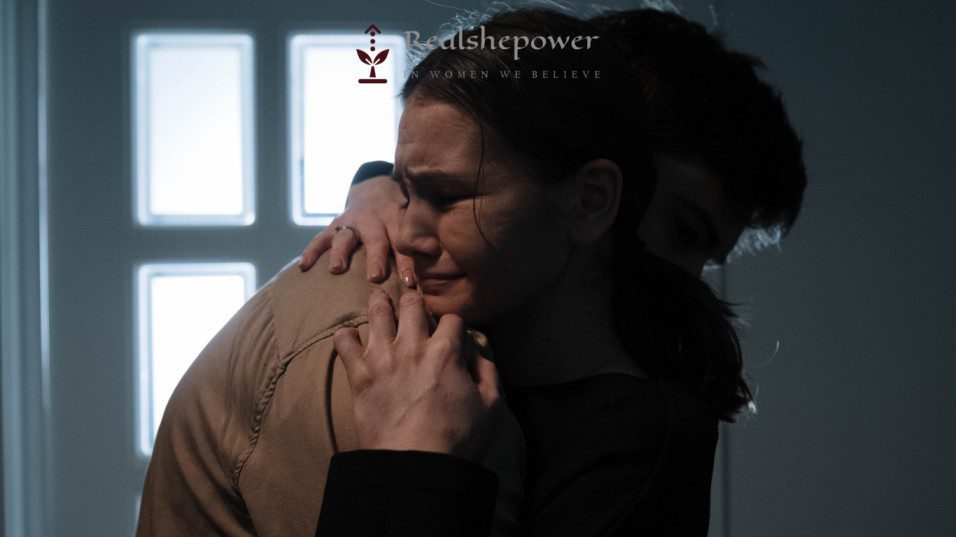Looking at Grief and Recovery from New Perspectives


When the death of a relative or loved one happens, there is often a sense of loss and grief that can last for months. In this article, we explore what happens in our brains when we experience grief.
Introduction: How grief and recovery work
Grief and recovery is a process that people go through when they have lost something or someone. There are many ways a person can grieve and there are some activities to help them get through the difficult times. It’s important to know the phases of grief, how to talk about death, how therapy can help you, and some activities that will make it easier for you to recover.
The Stages of Grief
Grief is a process that can happen in different ways. It can be gradual or it can happen suddenly after a traumatic event. The stages of grief are denial, anger, bargaining, depression, and acceptance. If you find yourself feeling like the person you lost is still alive, you’re most likely experiencing denial. Denial is when someone still believes that the person they’ve lost will come back to them, whether it’s through death-rebirth or reincarnation.
Emotional Grief
Grief is a natural and universal response to experiencing loss. When someone dies, grief can not only be emotional but also physical. A person may experience grief that ranges in intensity at any given time. Some people might feel intensely sad, while others might feel like life is meaningless or their world has been turned upside down.
Grief can be hard, but it’s important to remember that you are not alone. It’s important to talk about your feelings and embrace the good memories that have been a part of your life. There is no right or wrong way to recover.
| Read: Ideal Flaws |
Physical Grief
One of the most common types of grief is physical, which includes symptoms such as headaches, fatigue, and aches. Physical grief can also be caused by stress, an accident, or the death of someone close.
“Physical grief is a complex process that can be hard to understand and accept. It is not just about pain or sadness, but also includes guilt, anger, fear and shame.” The physical trauma from grief can have severe impacts on a person’s mental health. There are three stages of grief: denial, bargaining and depression.
The most important thing to do when dealing with grief is to reach out for professional help in order to get the support you need.
Reconnecting with Social Support
One of the biggest challenges when it comes to grief and recovery is finding social support. When there is less support, people can become overwhelmed and have a harder time coping. It’s important that people find ways to reconnect with others after they’ve experienced loss.
For those in need of someone to talk to, there are several ways they can potentially reconnect; they could try seeing a therapist or joining an online grief group or by finding a new friend who might understand your situation.
| Read: The Mental Health Crisis Among Young Women: Why GenZ Women Are Suffering More Than Any Other Generation |
Engaging in Meaningful Activities
When someone close to you dies, it can be difficult for those left behind to move forward. In the grieving process, some people find themselves struggling with depression and anxiety that complicates their recovery. To avoid this, many experts suggest engaging in meaningful activities like participating in a support group or writing about your feelings or experiences. It’s also important to take care of yourself physically, so talk to a doctor about what’s good for your body after an emotional loss.
The point is to focus on something different from your emotions.
Finding Balance
When something special and dear to you is taken away, it’s easy to feel like you are in a state of turmoil. There is the pain of loss, the confusion of not knowing what happened, the loneliness that can come with not having someone by your side during this time. For those who have been through the death of a loved one, the grief process can be overwhelming and often stretches over years.
Finding balance can be difficult when you are grieving, but it is important to keep in mind that grief is not a finite emotion. It is an ever-shifting experience. You will have your ups and downs and often times feel like you are in limbo—like you’re stuck or lost with no idea where to go next. Finding balance can take time, but there’s no question that having support from loved ones and people who know the journey helps.
Conclusions
It is important for people in grief to not only understand the stages of grief but to also know that they are normal and expected. Many people know someone who has died from a sudden or unexpected event, and there are common steps that grieving people go through. It is important to remember that the flow of these stages can change over time.
I hope this has helped you understand grief a little better and that you feel ready to move forward in your journey.
| Related Article: 21 quick and easy things that will change your life in a year |
